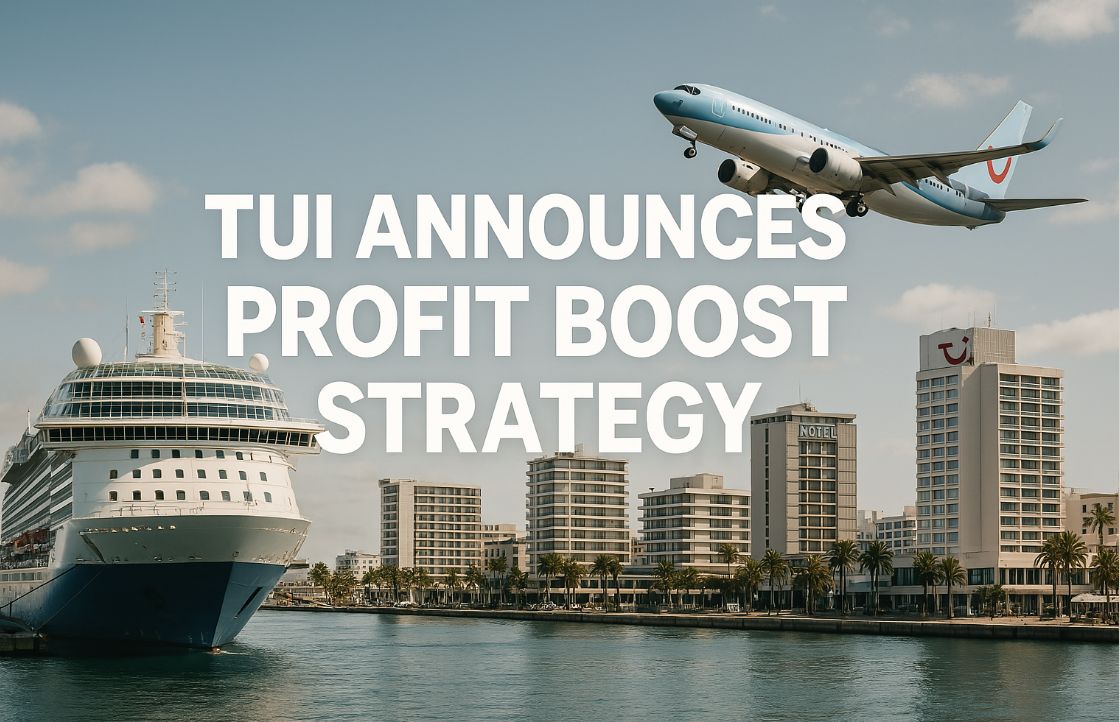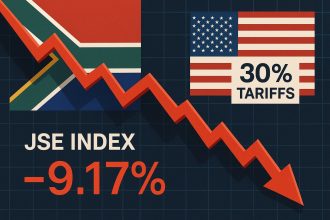TUI Group, a tourism giant owning hundreds of hotels, airlines, and cruise liners, has revealed a strategy to boost its profit margin. At first glance, this seems like a standard corporate decision, but a closer look reveals a shift in the dynamics of the European and global tourism markets. Let’s break down what’s behind this announcement, how it will impact investors, and what factors might alter the outlook.
Why Is TUI Changing Its Strategy?
Post-pandemic recovery in tourism has been uneven. Some companies quickly returned to profitability, while others still feel the aftermath. TUI has managed to regain pre-crisis levels, but investors are demanding more.
In 2023, the company’s net profit reached 458 million euros, nearly double that of 2022. However, its operating profit margin remained at 2.1%, below the industry average. For comparison:
- Competitor Jet2 boasts a 5.8% margin.
- Booking Holdings achieves around 35% (driven by its online business).
TUI recognizes that with such figures, attracting capital will be challenging. The goal is to push the margin above 3%, with a long-term target of 5%.
How Do They Plan to Achieve This?
The company outlined several key initiatives:
- Logistics Optimization. Reviewing its aircraft fleet and improving plane occupancy rates. TUI’s average flight load factor is currently 85%, compared to Ryanair’s 96%.
- Higher Prices for Premium Vacations. TUI’s primary revenue comes from “package tours” that bundle flights and accommodations. The average customer spend rose by 8% in 2023, and the company aims to maintain this trend.
- Cutting Subsidized Routes. Some flights were previously subsidized to attract customers. Now, the focus is on profitability.
- Expanding Direct Online Booking. Currently, 40% of TUI customers book directly, with the rest going through agencies. Increasing online sales reduces intermediary costs.
Market Reaction: Is It Worth Investing?
Following the announcement, TUI’s stock saw a modest increase of 2.3% on the day. Analysts, however, anticipate a longer-term impact.
Goldman Sachs Forecast:
“If TUI achieves a 5% margin, its shares could rise by 20–30% over the next two years.”
Deutsche Bank Concerns:
“Raising package tour prices could alienate some customers, especially amid high inflation.”
Key risks include:
- Competition from Independent Travel. Platforms like Airbnb and Skyscanner offer tourists more flexibility.
- Economic Conditions in Europe. If consumers cut back on travel spending, TUI may fall short of its targets.
- Geopolitical Dependence. Closed destinations or rising fuel costs could disrupt the strategy.
What Does This Mean for Investors?
If TUI executes its plan successfully, its stock could become an appealing long-term investment. However, boosting a tour operator’s profitability is a gradual process.
- Short-Term: Possible slight stock price gains.
- Medium-Term (1-2 Years): Potential 20-30% growth if targets are met.
- Risks: Macroeconomic factors and competition.
In the broader investment landscape, analyzing such news is a critical tool for predicting capital flows. Investors who understand corporate strategies often stay ahead of the curve.
How Can You Identify Companies Poised for Growth? How Do You Time Your Trades Effectively? Find answers on this analytical platform, which helps evaluate promising companies, track market trends, and anticipate shifts.




